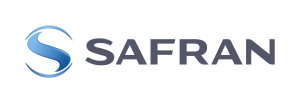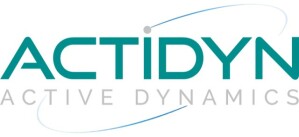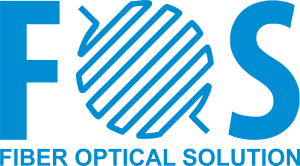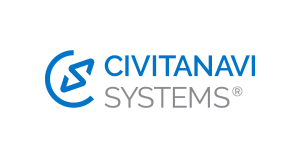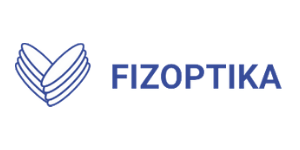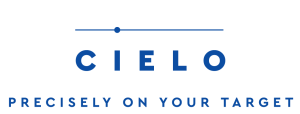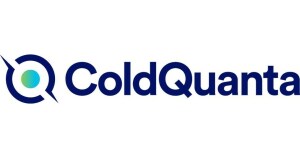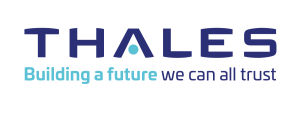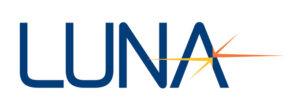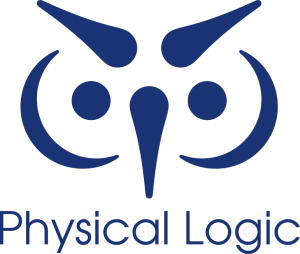Markus Ulm is Chief Technical Officer of Bosch Sensortec. He is responsible for research and development of sensors based on microelectromechanical systems (MEMS) for consumer electronics and related industries. Markus has a Master degree in Physics from the
University of Oregon and a Diploma Degree in Physics from the Karlsruhe Institute of Technology. He continued his studies in the field
of MEMS and graduated from the University of Stuttgart with a Dr. Ing. degree in Semiconductor Technology in 2003. During his career he held various positions in the field of MEMS, semiconductors and sensor research and development in the Bosch Group, such as Section Manager in the Bosch Research and Technology Center North
America, Section Manager for Automotive Gyroscopes and IMUs, Director of Sensor Predevelopment as well as VP for Consumer Sensor Product Development.
Bosch Sensortec GmbH, a fully owned subsidiary of Robert Bosch GmbH, develops and markets a wide portfolio of microelectromechanical systems (MEMS) sensors and solutions tailored for smartphones, tablets, wearables and hearables, AR/VR devices, drones, robots, smart home and IoT (Internet of Things) applications. The product portfolio includes 3-axis accelerometers, gyroscopes and magnetometers, integrated 6-and 9-axis sensors, smart sensors, barometric pressure sensors, humidity sensors, gas sensors, optical microsystems and comprehensive software. Since its foundation in 2005, Bosch Sensortec has emerged as the MEMS technology leader in the markets it addresses. Bosch has been both a pioneer and a global market leader in the MEMS sensor segment since 1995 and has, to date, sold more than 10 billion MEMS sensors.
For more information, please visit www.bosch-sensortec.com, twitter.com/boschMEMS, community.bosch-sensortec.com, linkedin.com/company/bosch-sensortec/, youtube.com/user/BoschSensortec
The Bosch Group is a leading global supplier of technology and services. It employs roughly 394,500 associates worldwide (as of December 31, 2020). According to preliminary figures, the company generated sales of 71.6 billion euros in 2020. Its operations are divided into four business sectors: Mobility Solutions, Industrial Technology, Consumer Goods, and Energy and Building Technology. As a leading IoT provider, Bosch offers innovative solutions for smart homes, Industry 4.0, and connected mobility. Bosch is pursuing a vision of mobility that is sustainable, safe, and exciting. It uses its expertise in sensor technology, software, and services, as well as its own IoT
cloud, to offer its customers connected, cross-domain solutions from a single source. The Bosch Group’s strategic objective is to facilitate connected living with products and solutions that either contain artificial intelligence (AI) or have been developed or manufactured with its help. Bosch improves quality of life worldwide with products and services that are innovative and spark enthusiasm. In short, Bosch creates technology that is “Invented for life.” The Bosch Group comprises Robert Bosch GmbH and its roughly 440 subsidiary and regional companies in 60 countries. Including sales and service partners, Bosch’s global manufacturing, engineering, and sales network covers nearly every country in the world. The basis for the company’s future growth is its innovative strength. At 126 locations across the globe, Bosch employs some 73,000 associates in research and development, as well as roughly 30,000 software engineers.
Additional information is available online at www.bosch.com, www.iot.bosch.com, www.bosch-press.com, https://twitter.com/BoschPress





